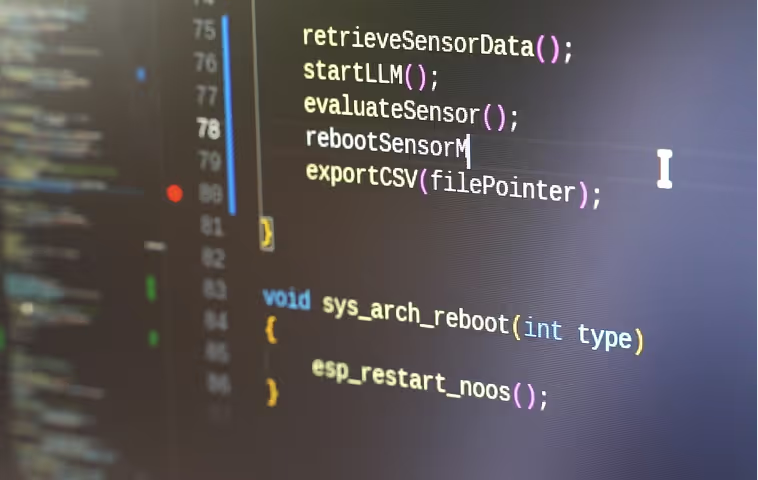From plant to algorithm: Adaept Engineering at the German-Latvian Business Day 2025

Opening by two heads of government
Latvian Prime Minister Evika Siliņa and Mecklenburg-Western Pomerania's Prime Minister Manuela Schwesig opened the event and emphasized their common goal: to expand economic strength in the Baltic Sea region, secure jobs and create new ones. Both countries saw particularly great potential in the areas of strategic technologies, offshore wind energy and digitization — precisely the fields in which Adaept Engineering contributes its expertise.
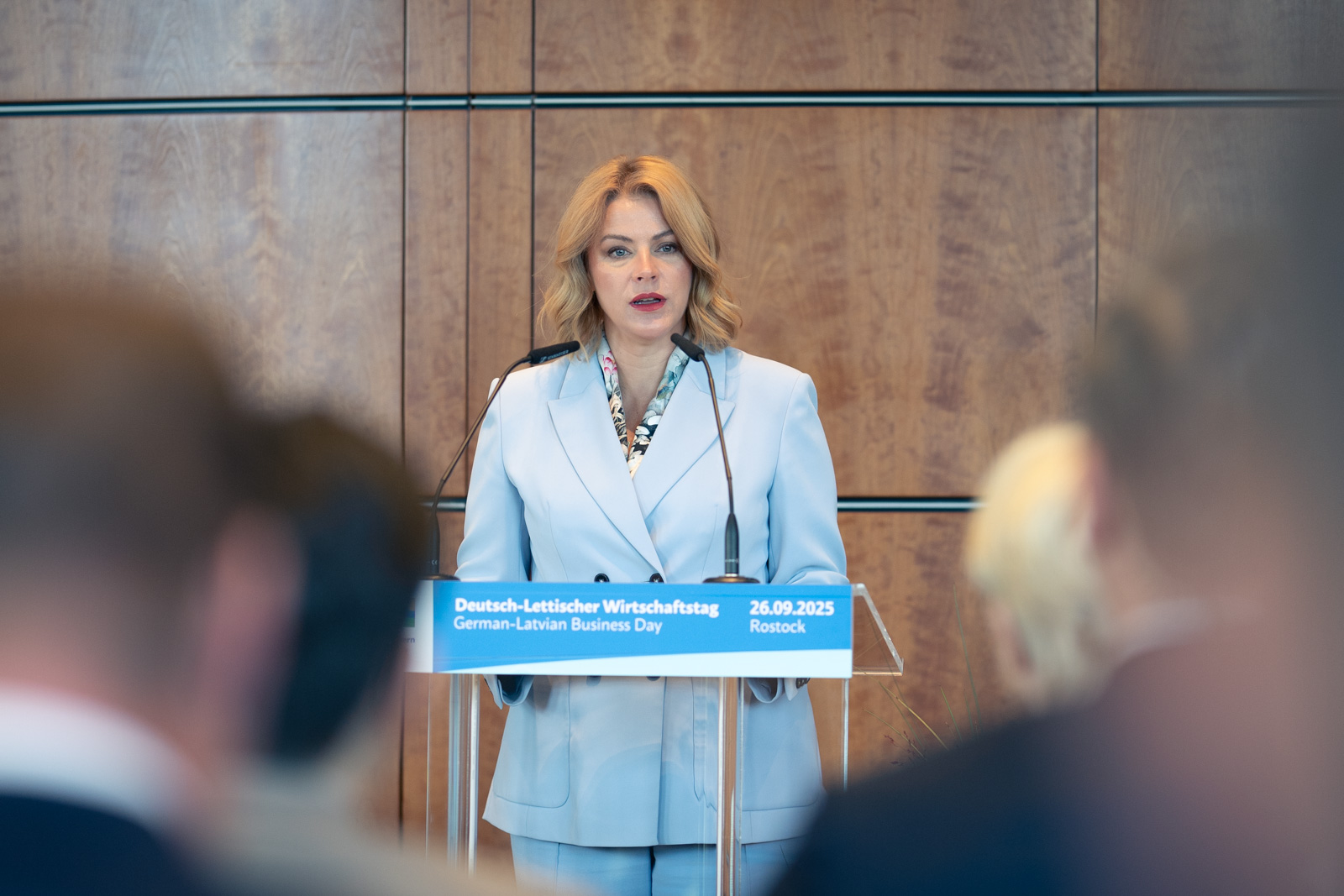
Why Latvia and Mecklenburg-Western Pomerania go so well together
Latvia and Mecklenburg-Western Pomerania complement each other almost naturally: Both regions are located on the Baltic Sea and have powerful ports such as Riga, Liepāja, Rostock and Wismar, which are ideal hubs for trade, offshore wind technology and green hydrogen projects. Its economy is medium-sized, but at the same time strongly export-oriented and open to international cooperation, so that partner companies can quickly come together via a short official channel. In Latvia, a young, IT-savvy talent pool meets competitive cost structures, while Mecklenburg-Western Pomerania scores points with established mechanical engineering, life science and nutrition clusters as well as a dense network of universities and colleges. Joint future fields such as digitization, Industry 4.0, biotechnology and renewable energy are also generously supported by EU programs, so that bilateral projects receive both financial and regulatory support. Historical Hanseatic relations, a similar “hands-on” mentality and the high availability of English and German language skills make it easier to close cultural ties. In short, anyone who wants to develop innovative products, establish efficient supply chains or open up new markets in Northern and Eastern Europe will find a perfectly coordinated partner ecosystem in the Latvia-Mecklenburg-Western Pomerania axis.
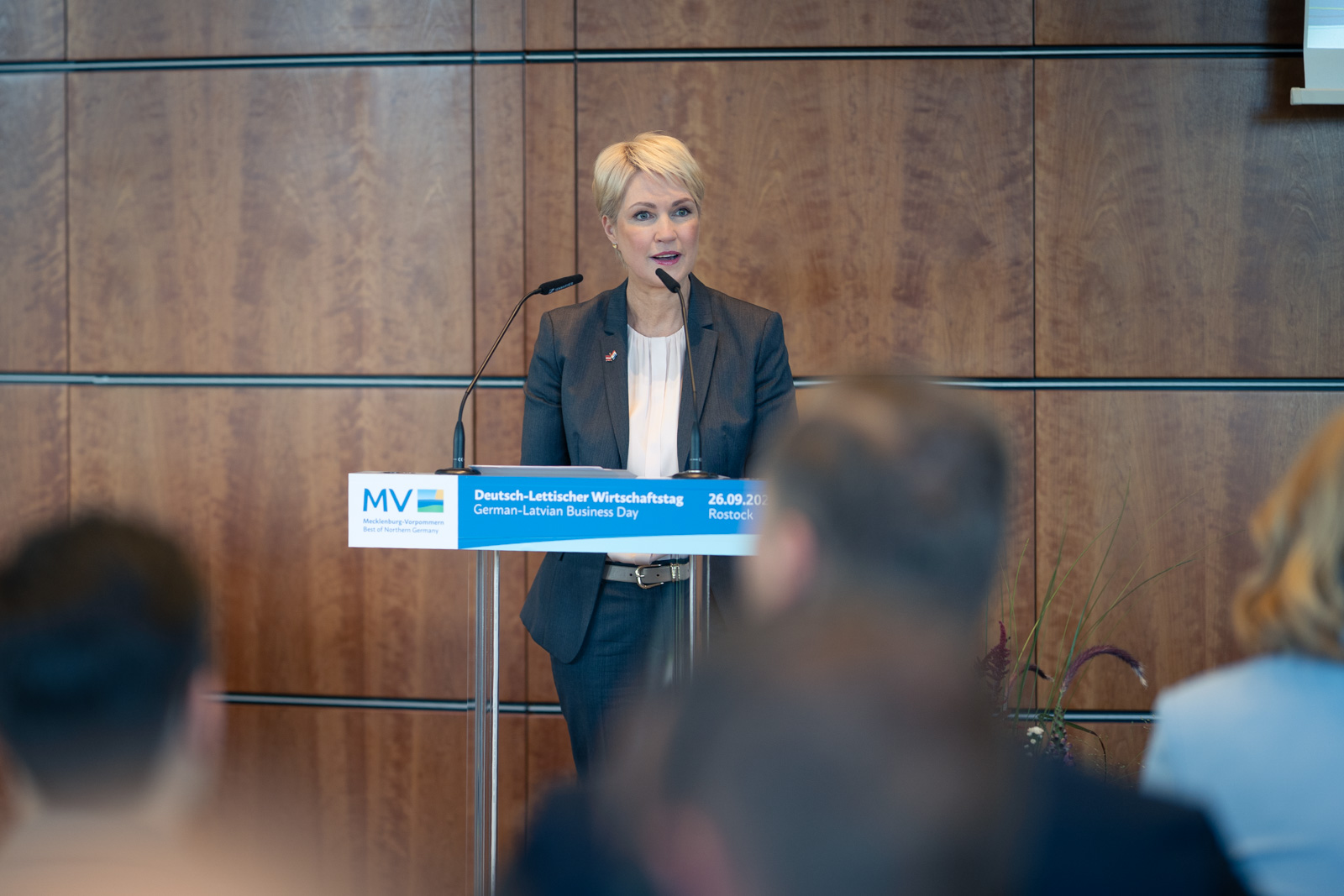
Adaept Engineering on the pitch stage
The day focused on thematic pitch sessions, which specifically initiated German-Latvian partnerships. Our co-founder Dr.-Ing. Arne Wall represented Adaept Engineering and presented how we access data from machines, devices and systems, model it in accordance with standards (OPC UA, umati) and provide AI algorithms as a uniform basis. The result: Developers on both sides of the Baltic Sea can concentrate on their algorithms, while Adaept Engineering ensures clean, interoperable data.
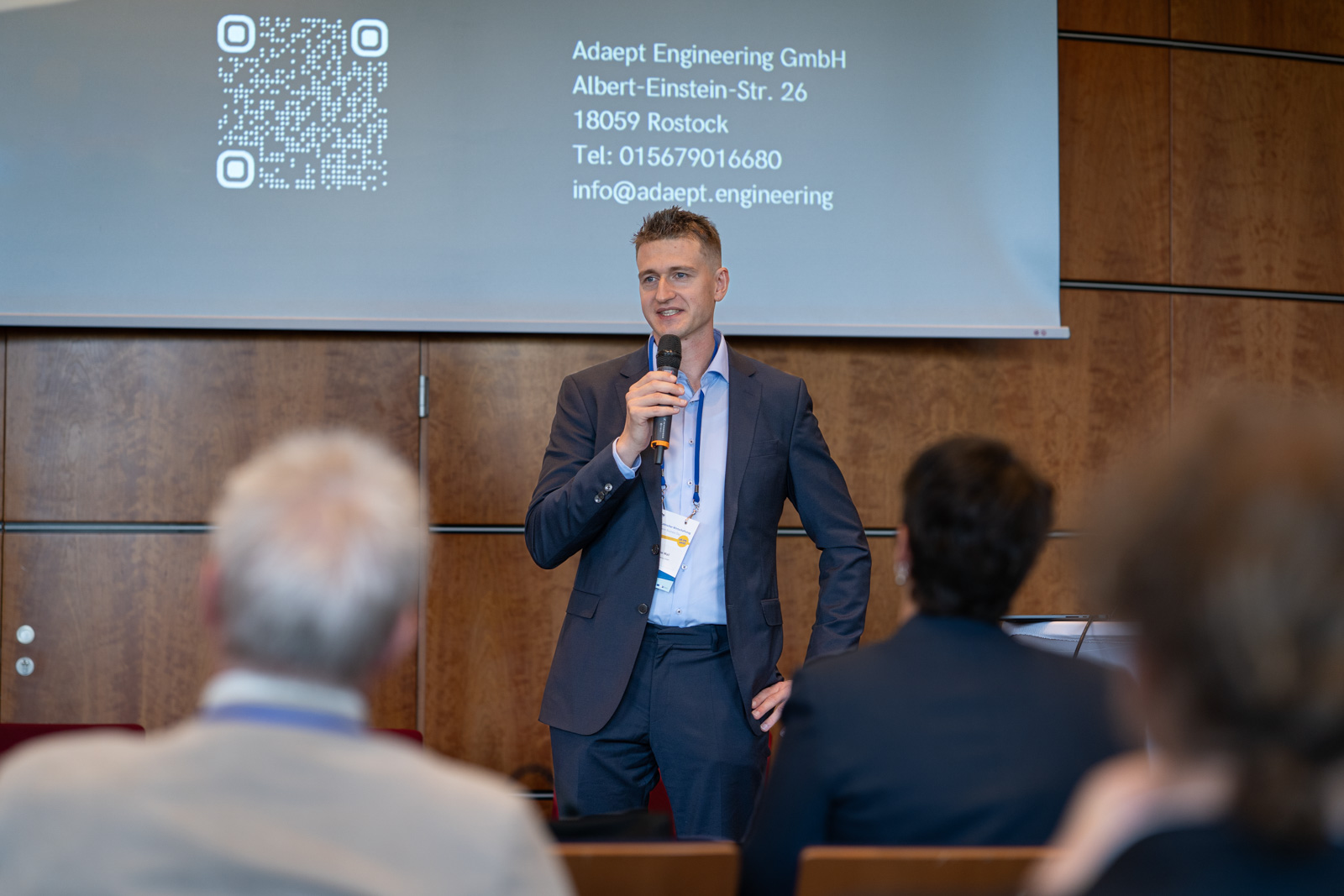
An overview of the pitch round
Uldis Tatarčuks, CEO, Tet
Artūrs Vasiļevskis, CEO, Tilde
Aiga Irmeja, Managing Director, IT Cluster Latvia
Prof. Dr. Kurt Sandkuhl, AI Center Mecklenburg-Western Pomerania
Dr. Jonas Flint, CEO, DEJ Technology GmbH
Dr.-Ing. Arne Wall, Co-Founder, Adaept Engineering GmbH
Common denominator: digital ecosystems, artificial intelligence and the consistent use of open standards.
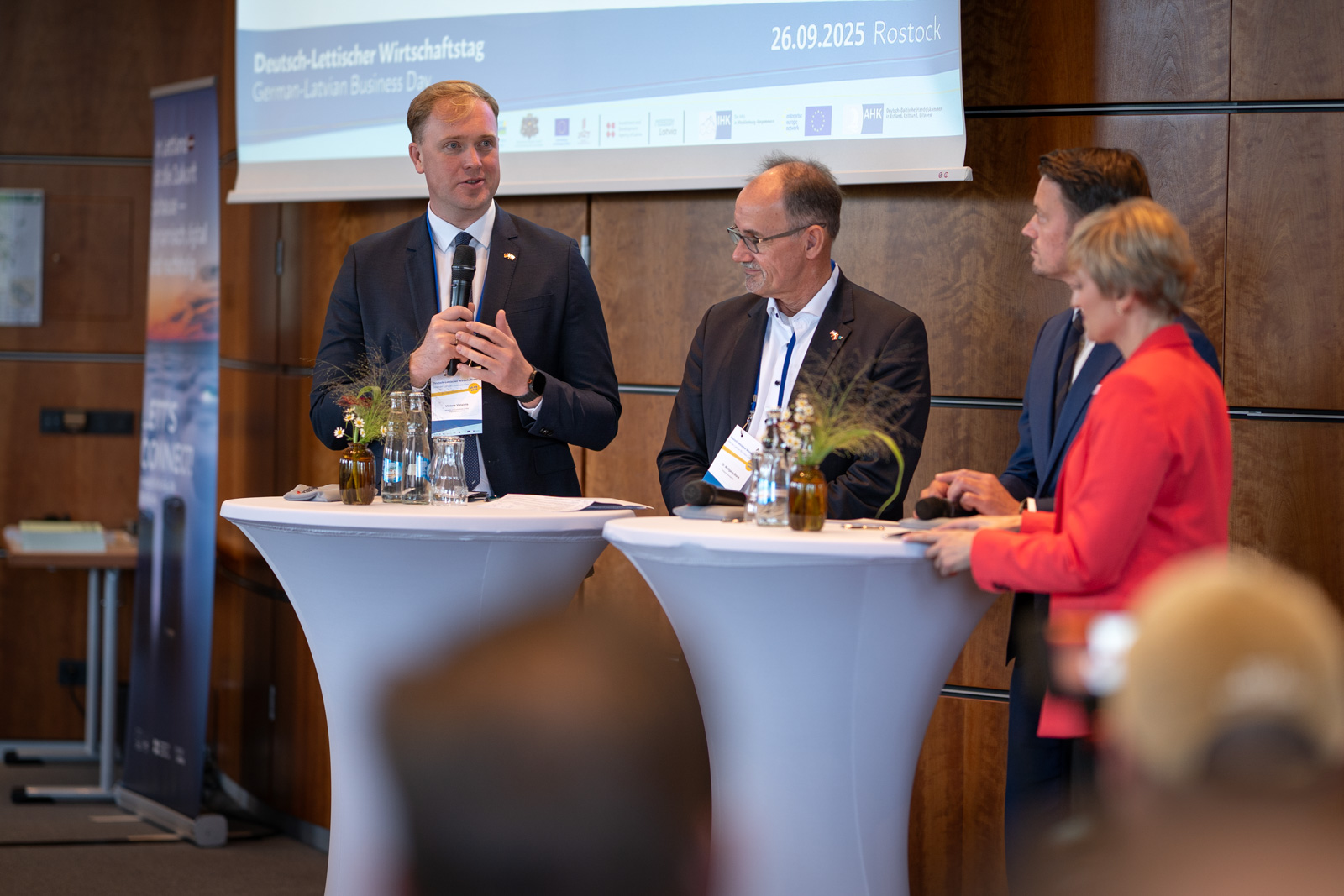
Panel discussion: A data format for everyone
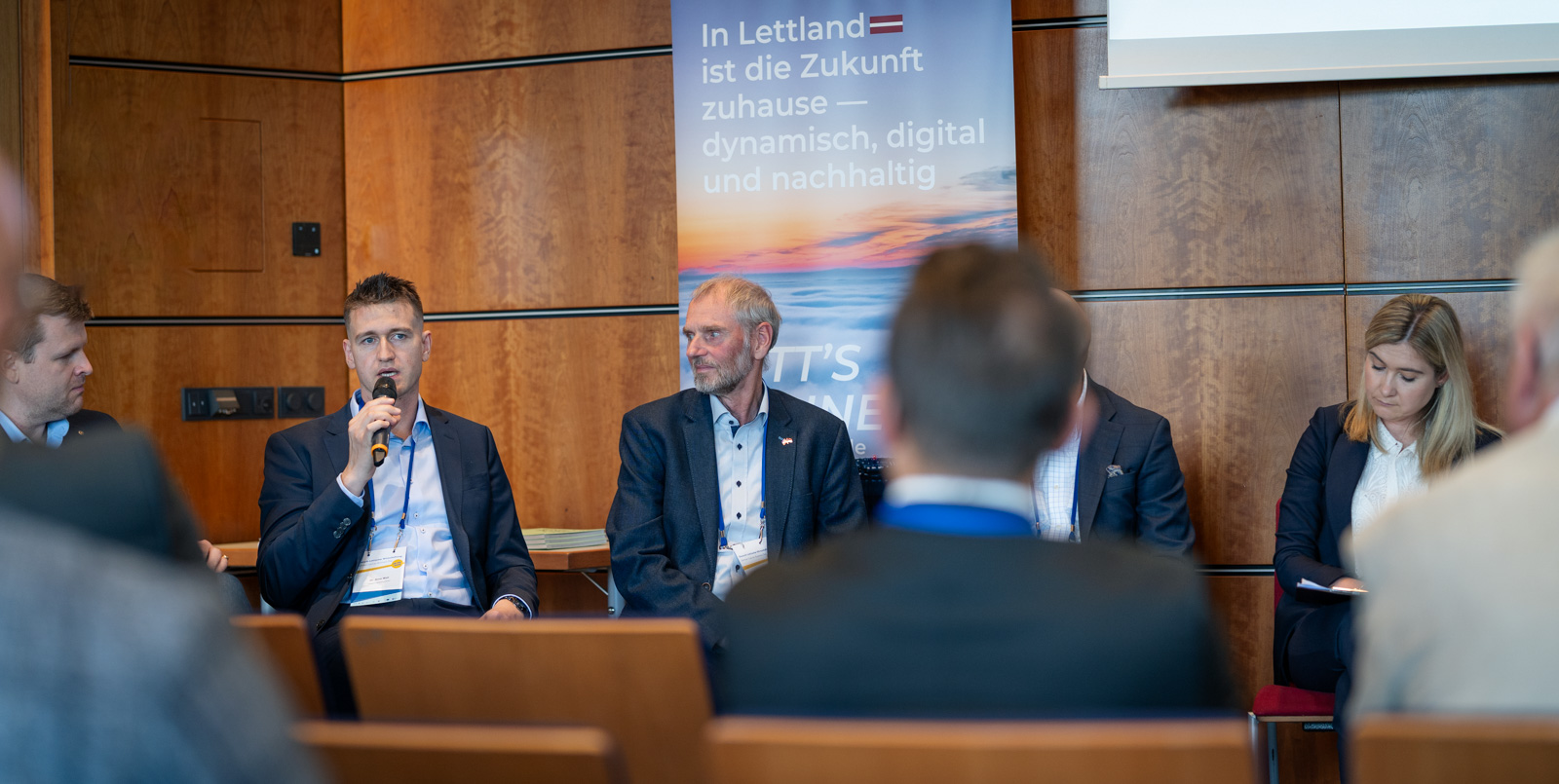
Dr. Arne Wall then discussed with representatives from politics and business on the panel. Key message: Uniform data formats are the key to enabling German and Latvian companies to quickly interlink their technologies — from offshore wind farms to connected production lines. With our lightweight software for embedded systems, Adaept Engineering showed a concrete way to make even existing machines IIoT-ready.
The Business Day was organized by the State of Mecklenburg-Western Pomerania in close cooperation with the Embassy of Latvia, the Chambers of Industry and Commerce and the German-Baltic Chamber of Commerce. Tom Scheffler, Vice President of the Rostock Chamber of Industry and Commerce and Honorary Consul of Latvia put it in a nutshell: “The Baltic Sea region connects us... economically and humanly.”
From vision to growth: What's next
The contacts made during the Business Day will be deepened in bilateral working groups in the coming months. For Adaept Engineering, this means even closer exchange with hardware manufacturers, AI providers and research institutes in both countries, always with the aim of turning analog machines into digital players.
Would you like to learn more about our standards-compliant data solutions or discuss a project idea with us? Talk to us! Together, we are bringing industry in the Baltic Sea region into the digital age.
About the author
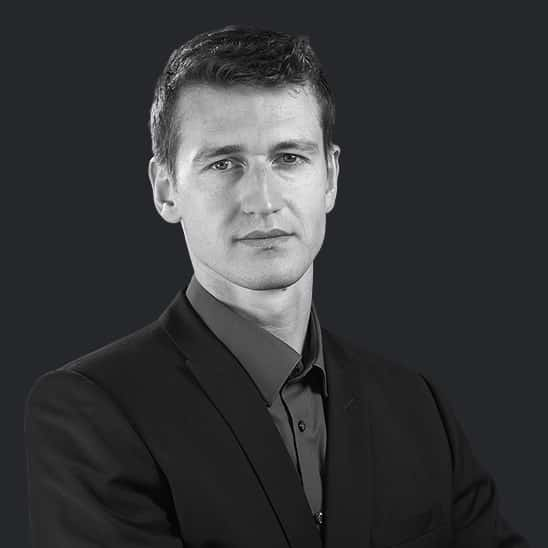
Dr.-Ing. Arne Wall is a researcher and developer in the field of Industrial Internet of Things (IIoT), currently serving as a Co-Founder and Senior Research Engineer at Adaept Engineering GmbH. He specializes in secure communication protocols and system architectures, with a significant focus on OPC UA and other IoT technologies such as MQTT and CoAP. Dr. Wall has made substantial contributions to the development of security frameworks for smart building automation systems. He holds a Ph.D. in Electrical Engineering from the University of Rostock, where his research centered on enhancing network security in embedded systems. Dr. Wall has published extensively in IEEE and ACM conferences, sharing his insights on topics related to security mechanisms and IoT protocol innovations.
Further interesting posts
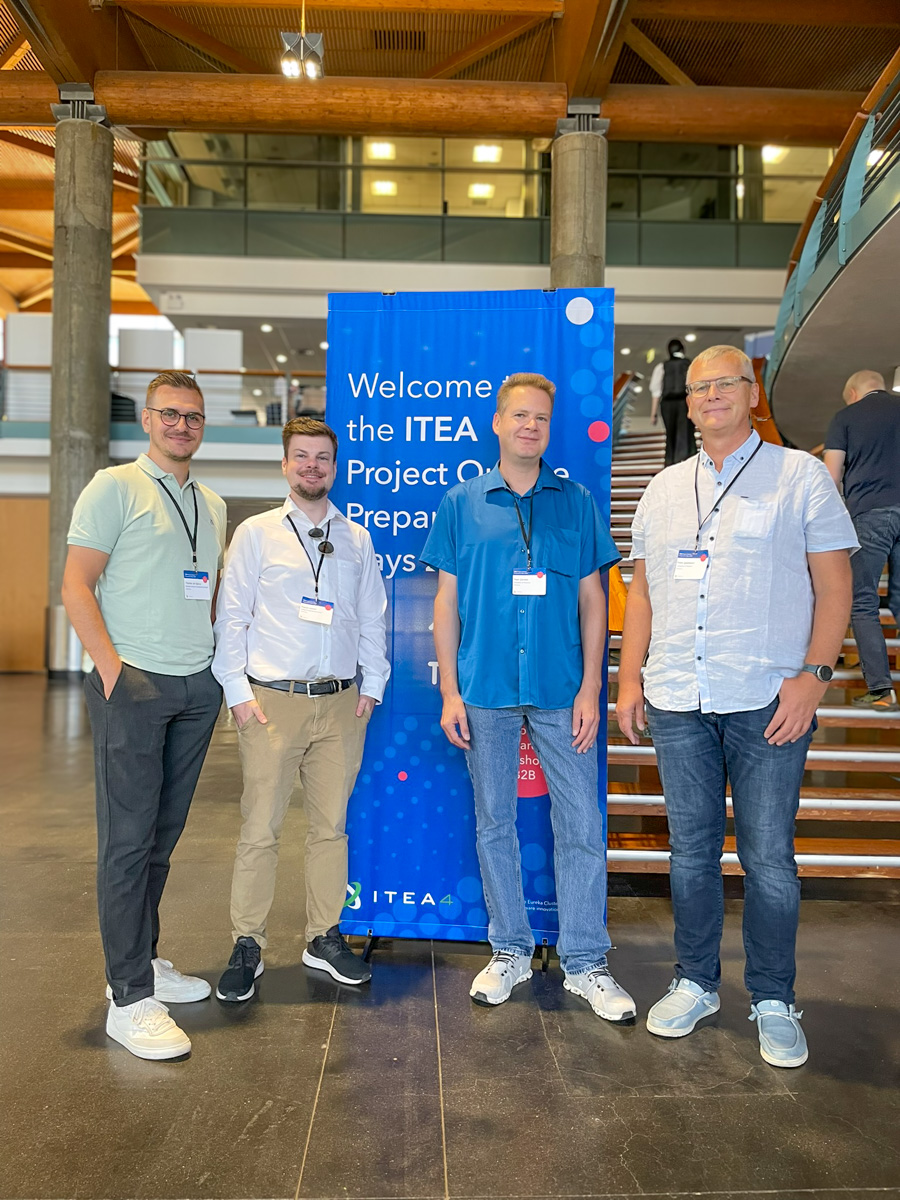
ITEA PO Days 2025 — Adaept Engineering in Portugal on course for the future
From 16 to 18 September 2025, the leading European community for software and hardware innovation gathered in Lisbon for the ITEA Project Outline Days. With almost 400 representatives from industry, research and politics in attendance, the PO Days are regarded as setting the pace for the next ITEA-funded research projects — and thus as the birthplace of the technologies that will shape the market in five to six years' time.
For Adept Engineering, however, this meeting place has always been more than just a mandatory appointment. It was here that the first ideas for the OPTIMUM project were conceived in 2019, leading to our current architecture for semantic OPC UA data models, which was awarded the ITEA Award of Excellence in 2022. Three years later, we returned with the same pioneering spirit.
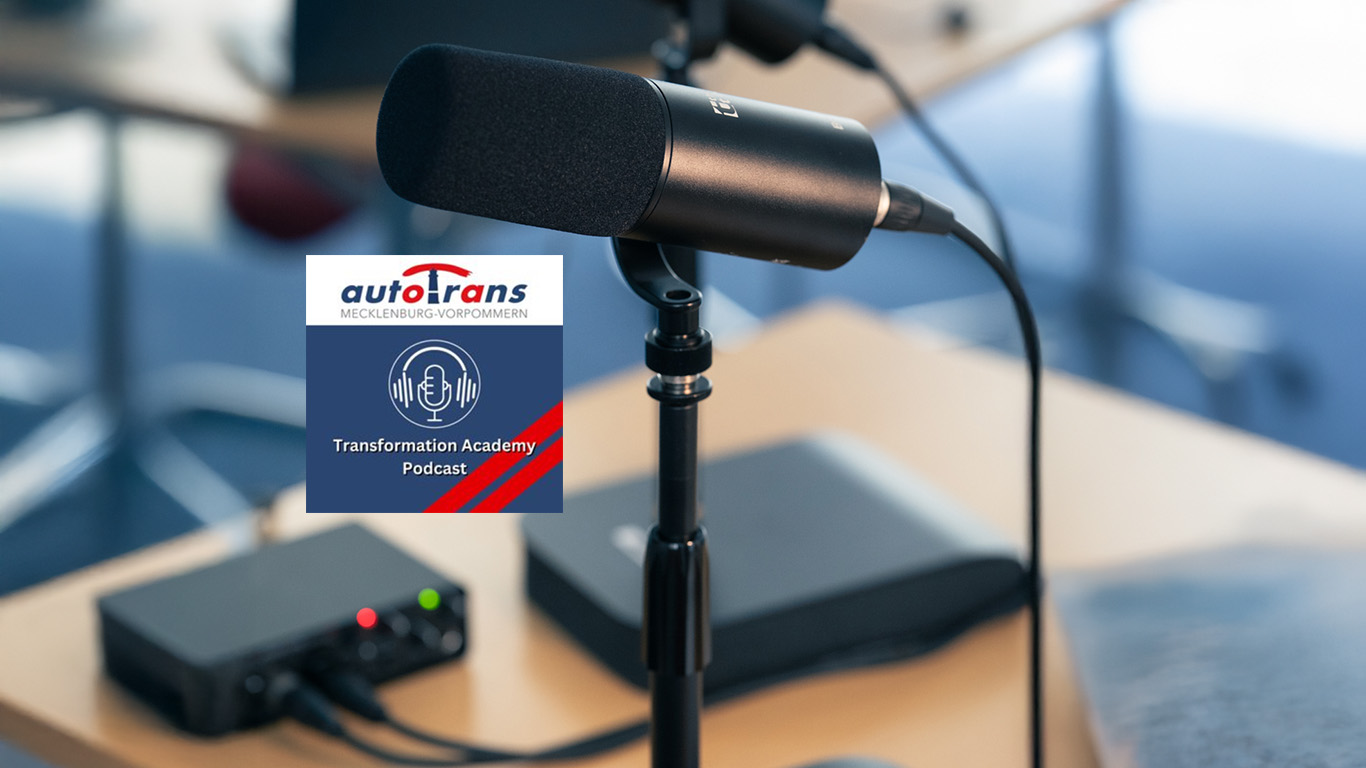
Sustainable production through retrofit — a conversation with Dr. Arne Wall from Adaept Engineering
An old but reliable overhead crane still lifts loads weighing tons every day. His biggest deficit: He doesn't “talk” to the new, digitized processes in the production hall. Does that really mean that a completely new crane has to be purchased? No — says Dr. Arne Wall, co-founder of Adaept Engineering. In the latest Transformation Academy podcast, he explains how retrofitting not only avoids costly new purchases, but also becomes a real lever for sustainability.
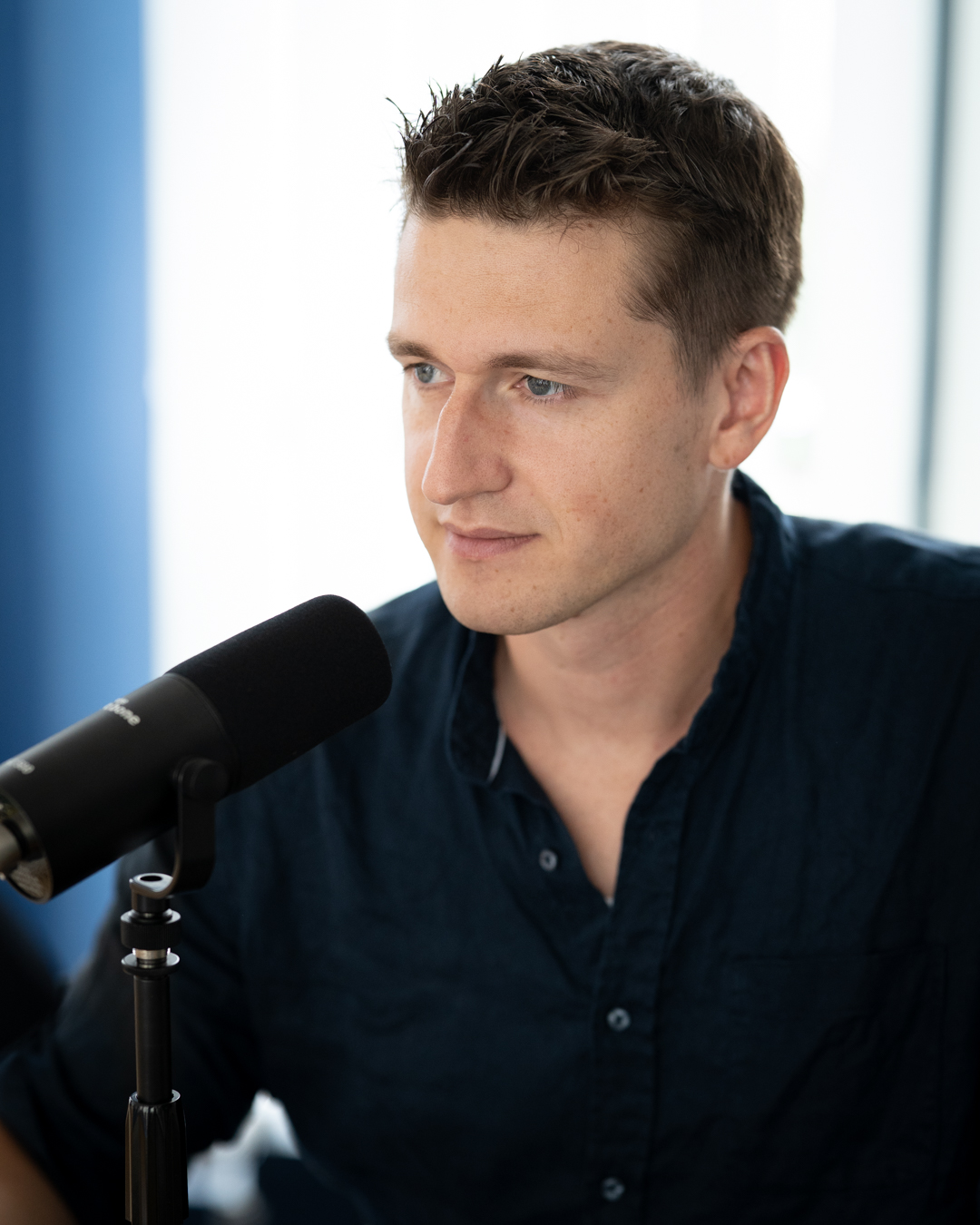

From plant to algorithm: Adaept Engineering at the German-Latvian Business Day 2025
On September 26, 2025, more than 300 decision makers from politics, business and science met for the German-Latvian Business Day at HanseMesse Rostock. For Adaept Engineering, it was a home game with international appeal and an ideal stage to show how standardized machine data lay the foundation for joint innovations between Mecklenburg-Western Pomerania and Latvia.
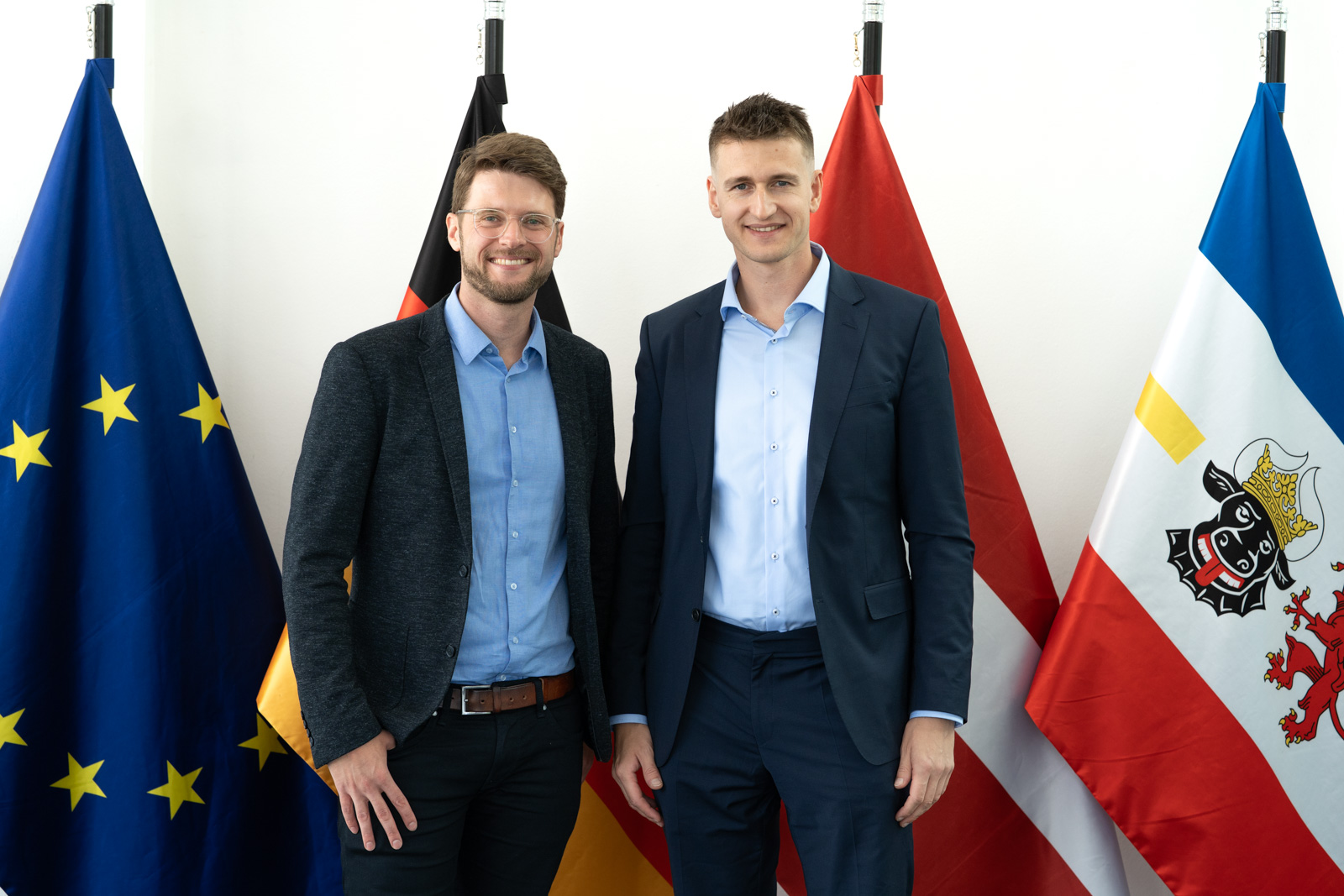
Start a project request now
Let us develop your solutions together.


